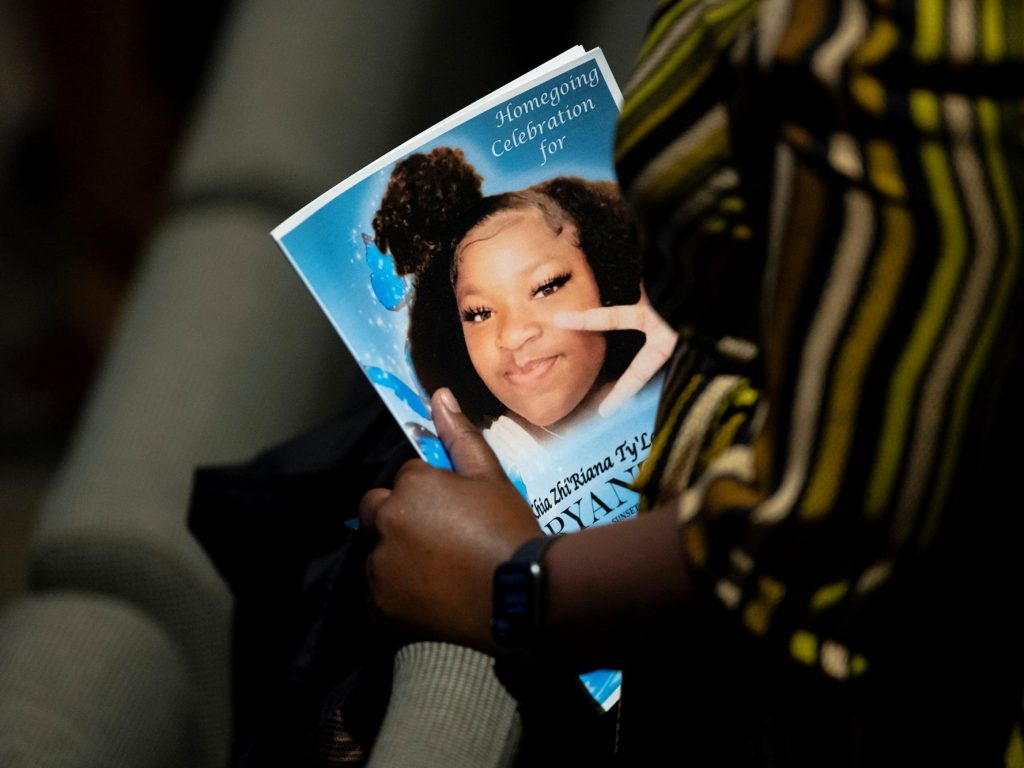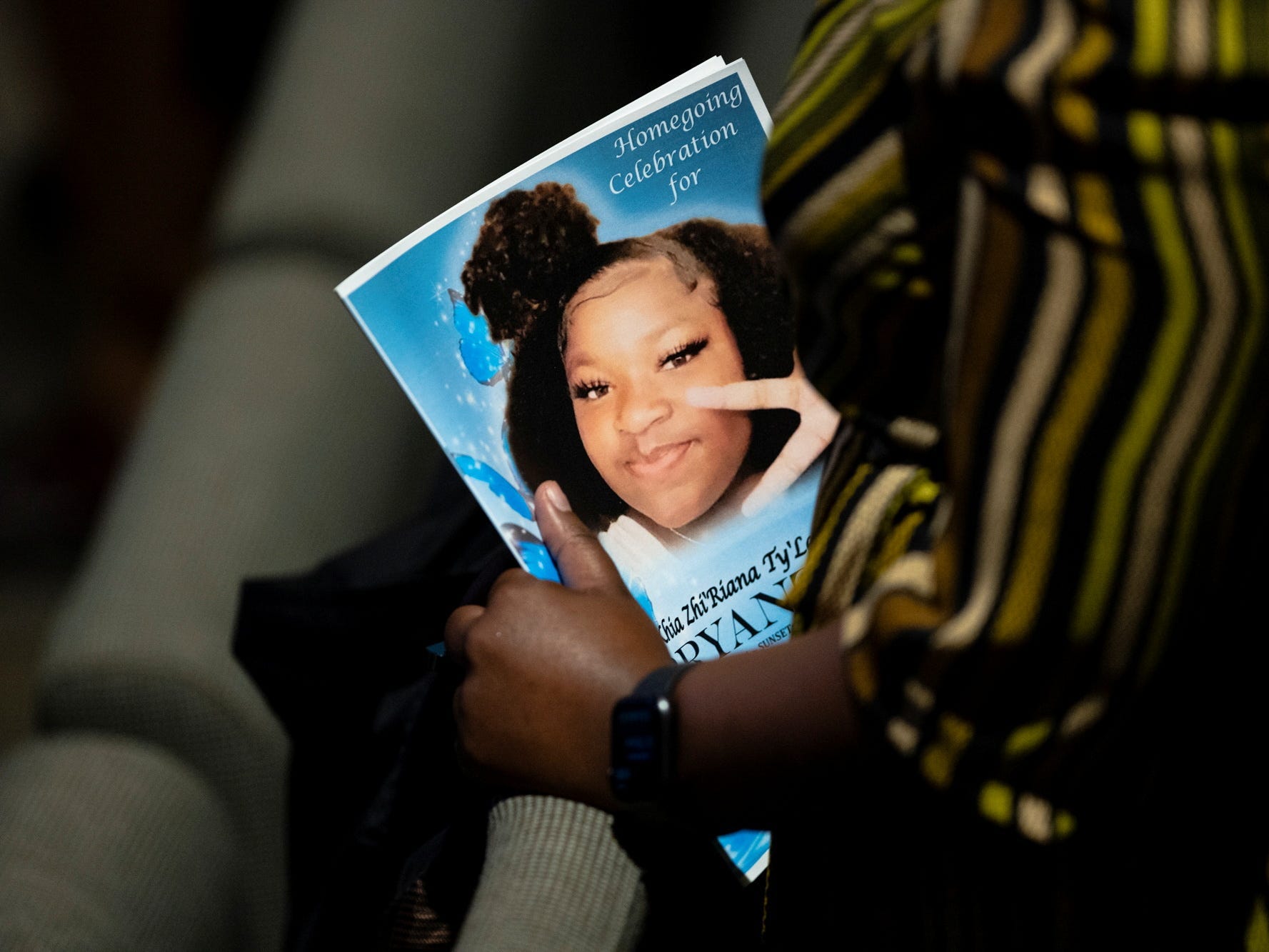
REUTERS/Gaelen Morse
- Ma'Khia Bryant was fatally shot by a police officer who was called to her foster home in April.
- Bryant's biological family has publicly called out the foster care system for failing to protect her.
- Experts told Insider foster parents are advised against leaving children home when they're not there.
- Visit Insider's homepage for more stories.
The biological family of Ma'Khia Bryant, the 16-year-old girl shot and killed by Columbus, Ohio police in April, have publicly blamed the foster system for failing to protect her.
A lawyer for the family, Michelle Martin, said she will request a federal investigation by the Department of Health and Human Services into the Ohio foster care system, and another by the US Justice Departmentinto the shooting, The Columbus Dispatch first reported.
Bryant's cousin, Deja Torrence, previously told Insider there was a conflict when two women in their 20s showed up at the foster home, leading Bryant to pick up a kitchen knife and an officer to shoot her outside the house.
Angela Moore, Bryant's foster mother, has told the media she was at work at the time of the shooting. She has said two of her previous foster children went to the home to celebrate a birthday and were fighting with Bryant over chores before she was fatally shot.
Moore did not return several messages seeking comment from Insider.
John DeGarmo, director of the Foster Care Institute, said he tells foster parents that they must supervise all children in their care at all times. If a foster parent needs to be away from a child, they should place that child in the care of another foster parent who was trained and licensed by the same agency, DeGarmo said.
"As a foster parent myself, I would not leave my teen in foster care with anybody," he told Insider. "I would make sure that there's somebody who is prepared to care for these children who have issues of trust, and issues in judgment."
Children in foster care often arrive in the system with a history of trauma, and even those who don't have preexisting mental health conditions are likely facing anxiety associated with being removed from their homes, DeGarmo said.
"Many of these kids have some serious behavior problems," Astrid Heppenstall Heger, the executive director of the Violence Intervention Program, an organization that provides support services to at-risk children in Los Angeles, told Insider. "Leaving them alone is dangerous from a lot of perspectives since foster kids are the primary source for recruiting children to child prostitution and sexual exploitation. So you have to have supervision of children that are in your care at all times, especially those that are most vulnerable for danger, injury and being cajoled into other kinds of illegal activities."
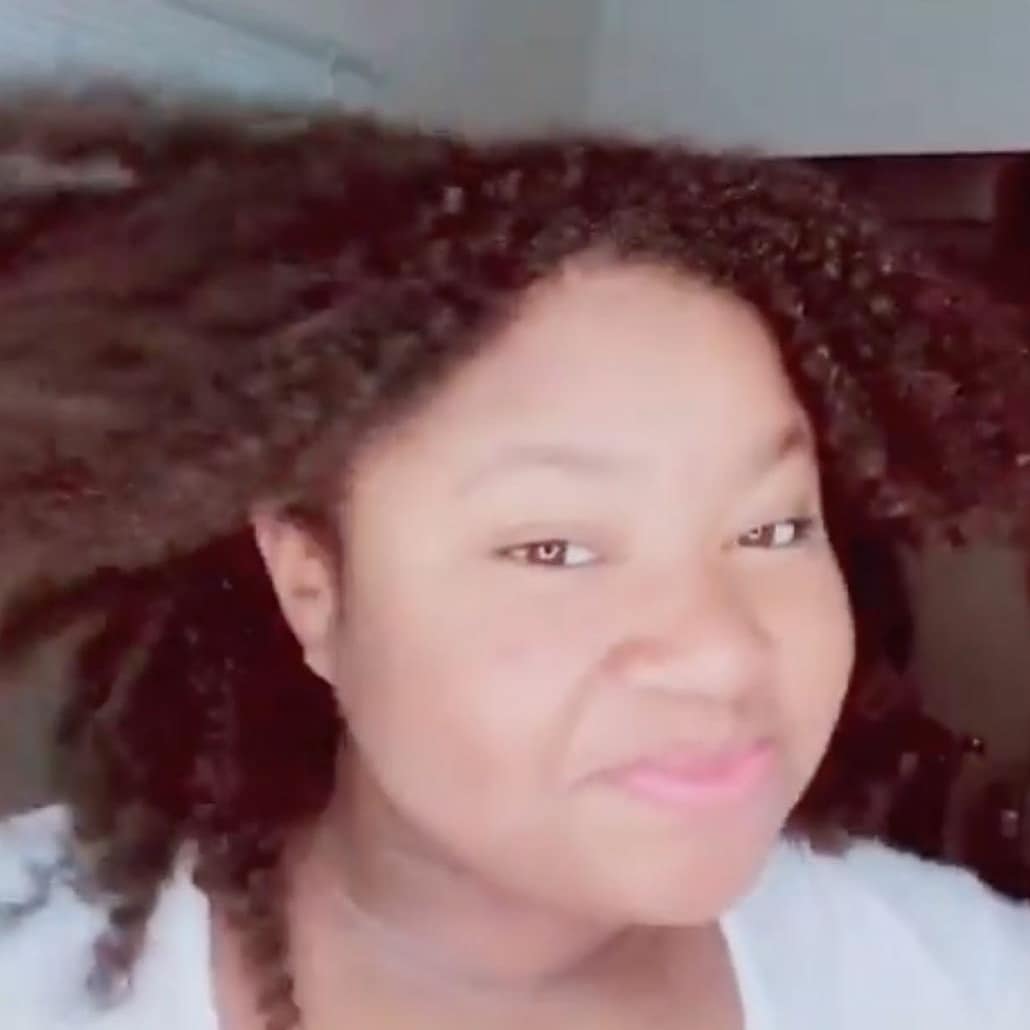
Provided by the Bryant family
Bryant's sister previously called 911 and asked to be removed from the foster home
Bryant and her 15-year-old sister were living with the same foster family when she was killed.
Weeks before Bryant's death, her sister called 911 and pleaded with the dispatcher to place her in a different home because there was so much fighting, the Associated Press reported.
Records obtained by the AP showed police took at least 13 reports of foster children who went missing from Moore's home since 2017, as well as other issues there.
DeGarmo has fostered more than 60 children and adopted three of them, and hosted a TedX Talk about the foster system. He said it's not uncommon for children in the system to make false complaints about their foster parents so they can get back to their biological family, "no matter how dysfunctional."
He was concerned when reading about the reports of missing children or incidents at Bryant's foster home. When DeGarmo saw the police body camera footage of Bryant lunging at another person with a knife, he believed she was afraid of something.
"Her emotions overwhelmed her, and she doesn't know how to process those emotions," said DeGarmo. "This is what happens to many of these kids. They don't know how to process the emotions they're feeling, and so many of them don't get the professional therapy, the assistance they need."
A spokeswoman for Franklin County Children Services - the agency that runs the foster program in Columbus - declined to say whether Moore continues to care for foster children after Bryant's death, citing confidentiality guidelines.
The spokeswoman provided Insider an internal policy for how the agency conducts an investigation following a death in foster care. Those guidelines don't indicate whether other children remain in a foster home while an investigation takes place.
"The nature and cause of death could be determining factors regarding the removal of a child," Alison Rodgers, a spokeswoman for Franklin County Children Services, told Insider. "Additionally, the best needs of that child are also considered."
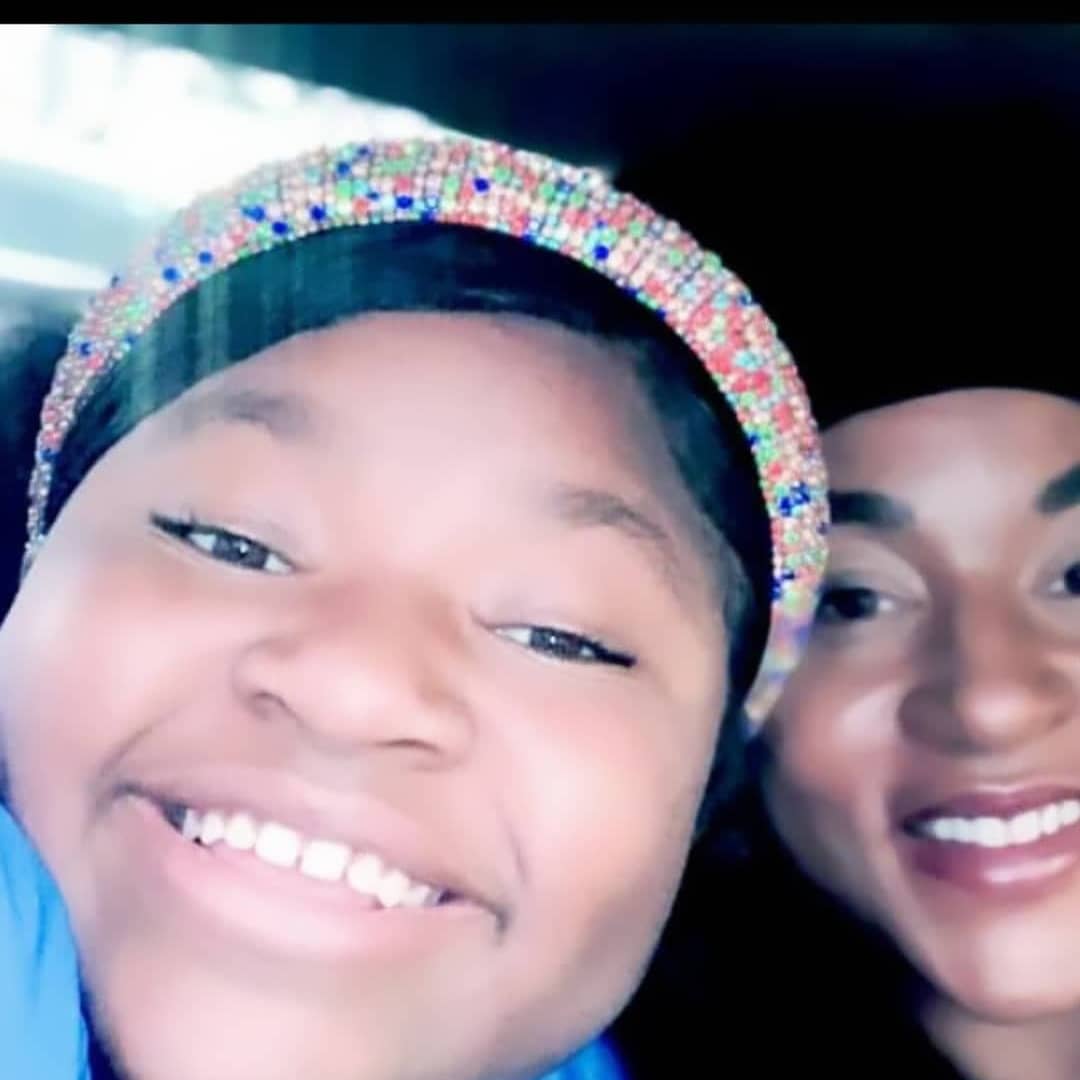
Provided by the Bryant family
The pandemic rocked a foster care system that already lacked support
The foster system has been in crisis during the coronavirus pandemic, DeGarmo said, as many agencies have stopped regular in-person visits at foster homes. He noted a spike in severe cases of child abuse and human trafficking, and said that at the same time, many foster parents have given up because of the challenges of being home around the clock with children who have special needs.
"The kids are not going to school, they're not getting the professional services they need, they're not getting the therapy, they're not getting the counseling, and they're not getting their one-on-one visitations with their parents," DeGarmo said. "And the anxiety levels of kids in foster care have gone through the roof during COVID."
Shutdown orders have only added to the strain on the foster system, where DeGarmo said even before the pandemic, many children weren't getting the resources they need to break a cycle of trauma.
"I will tell you this: Two of the three I've adopted are third-generation foster care, which means their parents and grandparents were also in the foster system, and they never got the help and support they needed," DeGarmo told Insider. "So it's just cyclical."
Heger agreed that US foster children - especially Black foster children - and their biological families aren't getting the mental health and mentoring services they need.
"There are a lot of things in foster care that predispose a kid to be a victim of abuse and neglect and failure. And in the African-American population, a great number of them end up in the legal system and ultimately in adult prison," Heger said. "So we are not paying a lot of attention to these kids right now."
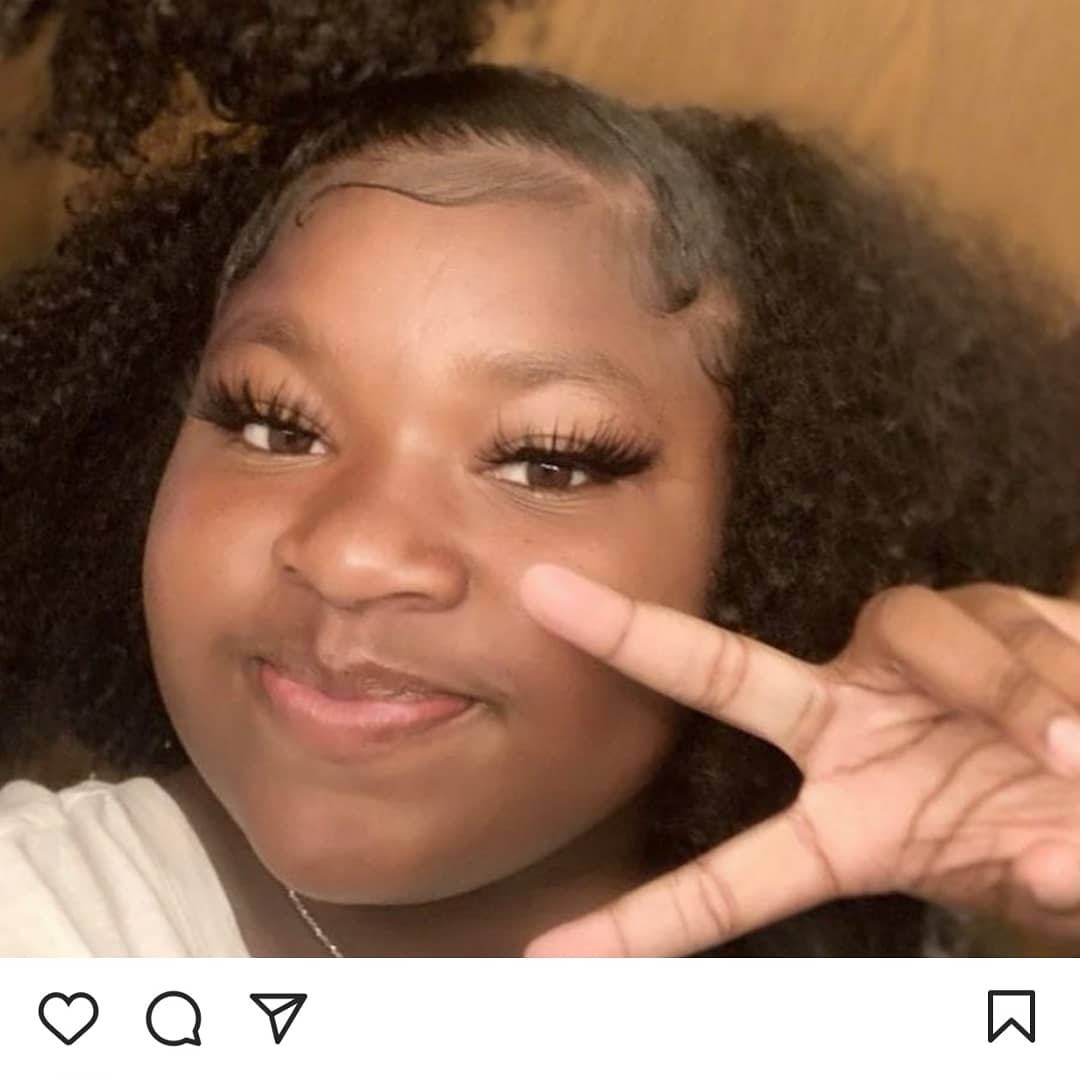
Provided by the Bryant family.
More than 15,000 children are clients of the Violence Intervention Program, according to Heger. She is trying to launch a clinic in Los Angeles that would provide support services for at-risk youth, particularly those who are Black, with the goal of allowing children to stay with their biological families.
The clinic would also provide a volunteer mentor to every child who checks in weekly to make sure they are happy, safe, and healthy. Heger said this kind of programming is an alternative to taking children away from their families and putting them in foster homes that aren't guaranteed to keep them safe.
"We can't just take these kids out and dump them in a foster home and then not support them," she said. "We know they're in foster care for a reason. They're there because they needed protection and we're not there to protect them."
Heger said that while the number one request she's gotten from the children she's worked with is for a mentor, the second most frequent request, often from young Black girls, is for a hair salon. She purchased a portable hair salon that she plans to staff with volunteers who are trained in styling Black hair for the young women in the Violence Intervention Program.
"It seems frivolous to some people, but, it's just that it's about value and it's about self-esteem and about knowing that you're important," she said.
Torrence previously told Insider that it was her cousin's dream to graduate high school and go to a cosmetology school so she could one day open her own salon and eyelash studio. Bryant had shared videos online of her doing her hair and makeup.
"If Ma'Khia was in my clinic, I would have absolutely wanted to make certain that she was in a place where somebody honored that desire, that wish," Heger said. "And that if she was placed away from her mom, wherever she was placed, that she had a mentor that was willing to help her pursue that."

